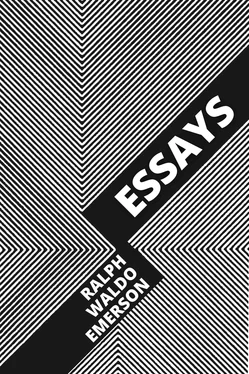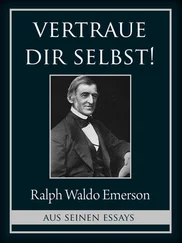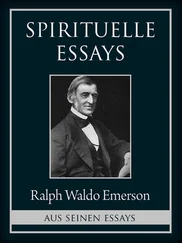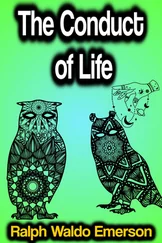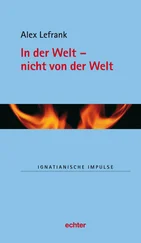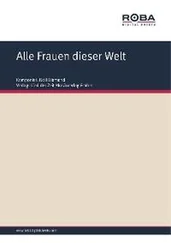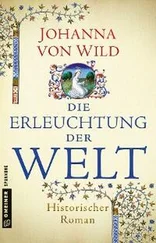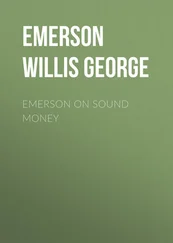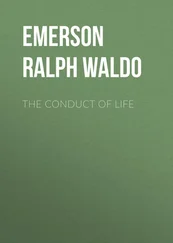by Edmund Gosse 1
As a form of literature, the essay is a composition of moderate length, usually in prose, which deals in an easy, cursory way with the external conditions of a subject, and, in strictness, with that subject, only as it affects the writer. Dr Johnson, himself an eminent essayist, defines an essay as “an irregular, undigested piece”; the irregularity may perhaps be admitted, but want of thought, that is to say lack of proper mental digestion, is certainly not characteristic of a fine example. It should, on the contrary, always be the brief and light result of experience and profound meditation, while “undigested” is the last epithet to be applied to the essays of Montaigne, Addison or Lamb. Bacon said that the Epistles of Seneca were “essays,” but this can hardly be allowed. Bacon himself goes on to admit that “the word is late, though the thing is ancient.” The word, in fact, was invented for this species of writing by Montaigne, who merely meant that these were experiments in a new kind of literature. This original meaning, namely that these pieces were attempts or endeavours, feeling their way towards the expression of what would need a far wider space to exhaust, was lost in England in the course of the eighteenth century. This is seen by the various attempts made in the nineteenth century to coin a word which should express a still smaller work, as distinctive in comparison with the essay as the essay is by the side of the monograph; none of these linguistic experiments, such as essayette , essaykin (Thackeray) and essaylet (Helps) have taken hold of the language. As a matter of fact, the journalistic word article covers the lesser form of essay, although not exhaustively, since the essays in the monthly and quarterly reviews, which are fully as extended as an essay should ever be, are frequently termed “articles,” while many “articles” in newspapers, dictionaries and encyclopaedias are in no sense essays. It may be said that the idea of a detached work is combined with the word “essay,” which should be neither a section of a disquisition nor a chapter in a book which aims at the systematic development of a story. Locke’s Essay on the Human Understanding is not an essay at all, or cluster of essays, in this technical sense, but refers to the experimental and tentative nature of the inquiry which the philosopher was undertaking. Of the curious use of the word so repeatedly made by Pope mention will be made below.
The essay, as a species of literature, was invented by Montaigne, who had probably little suspicion of the far-reaching importance of what he had created. In his dejected moments, he turned to rail at what he had written, and to call his essays “inepties” and “sottises.” But in his own heart he must have been well satisfied with the new and beautiful form which he had added to literary tradition. He was perfectly aware that he had devised a new thing; that he had invented a way of communicating himself to the world as a type of human nature. He designed it to carry out his peculiar object, which was to produce an accurate portrait of his own soul, not as it was yesterday or will be to-morrow, but as it is to-day. It is not often that we can date with any approach to accuracy the arrival of a new class of literature into the world, but it was in the month of March 1571 that the essay was invented. It was started in the second story of the old tower of the castle of Montaigne, in a study to which the philosopher withdrew for that purpose, surrounded by his books, close to his chapel, sheltered from the excesses of a fatiguing world. He wrote slowly, not systematically; it took nine years to finish the two first books of the essays. In 1574 the manuscript of the work, so far as it was then completed, was nearly lost, for it was confiscated by the pontifical police in Rome, where Montaigne was residing, and was not returned to the author for four months. The earliest imprint saw the light in 1580, at Bordeaux, and the Paris edition of 1588, which is the fifth, contains the final text of the great author. These dates are not negligible in the briefest history of the essay, for they are those of its revelation to the world of readers. It was in the delightful chapters of his new, strange book that Montaigne introduced the fashion of writing briefly, irregularly, with constant digressions and interruptions, about the world as it appears to the individual who writes. The Essais were instantly welcomed, and few writers of the Renaissance had so instant and so vast a popularity as Montaigne. But while the philosophy, and above all the graceful stoicism, of the great master were admired and copied in France, the exact shape in which he had put down his thoughts, in the exquisite negligence of a series of essays, was too delicate to tempt an imitator. It is to be noted that neither Charron, nor Mlle de Gournay, his most immediate disciples, tried to write essays. But Montaigne, who liked to fancy that the Eyquem family was of English extraction, had spoken affably of the English people as his “cousins,” and it has always been admitted that his genius has an affinity with the English. He was early read in England, and certainly by Bacon, whose is the second great name connected with this form of literature. It was in 1597, only five years after the death of Montaigne, that Bacon published in a small octavo the first ten of his essays. These he increased to 38 in 1612 and to 58 in 1625. In their first form, the essays of Bacon had nothing of the fulness or grace of Montaigne’s; they are meagre notes, scarcely more than the headings for discourses. It is possible that when he wrote them he was not yet familiar with the style of his predecessor, which was first made popular in England, in 1603, when Florio published that translation of the Essais which Shakespeare unquestionably read. In the later editions Bacon greatly expanded his theme, but he never reached, or but seldom, the freedom and ease, the seeming formlessness held in by an invisible chain, which are the glory of Montaigne, and distinguish the typical essayist. It would seem that at first, in England, as in France, no lesser writer was willing to adopt a title which belonged to so great a presence as that of Bacon or Montaigne. The one exception was Sir William Cornwallis ( d. 1631), who published essays in 1600 and 1617, of slight merit, but popular in their day. No other English essayist of any importance appeared until the Restoration, when Abraham Cowley wrote eleven “Several Discourses by way of Essays,” which did not see the light until 1668. He interspersed with his prose, translations and original pieces in verse, but in other respects Cowley keeps much nearer than Bacon to the form of Montaigne. Cowley’s essay “Of Myself” is a model of what these little compositions should be. The name of Bacon inspires awe, but it is really not he, but Cowley, who is the father of the English essay; and it is remarkable that he has had no warmer panegyrists than his great successors, Charles Lamb and Macaulay. Towards the end of the century, Sir George Mackenzie (1636–1691) wrote witty moral discourses, which were, however, essays rather in name than form. Whenever, however, we reach the eighteenth century, we find the essay suddenly became a dominant force in English literature. It made its appearance almost as a new thing, and in combination with the earliest developments of journalism. On the 12th of April 1709 appeared the first number of a penny newspaper, entitled the Tatler , a main feature of which was to amuse and instruct fashionable readers by a series of short papers dealing with the manifold occurrences of life, quicquid agunt homines . But it was not until Steele, the founder of the
Читать дальше
